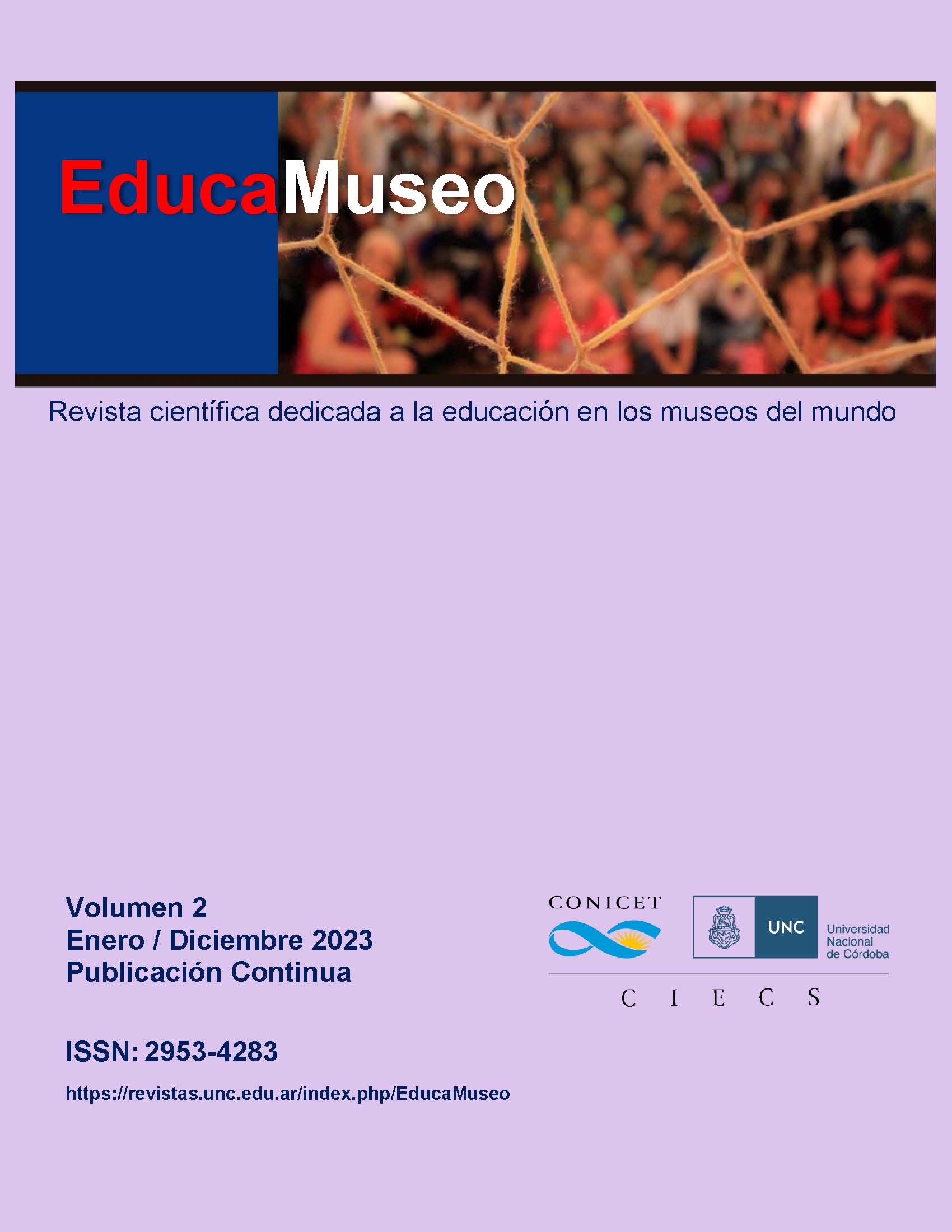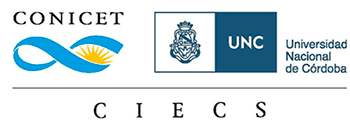A T-shirt that says
An indicative look at the neoliberal Argentina of the nineties
Keywords:
democracy, t-shirts, roaming, popular cultureAbstract
40 years after the return of democracy in Argentina and within the framework of the activities carried out by the Municipality of Rosario for its commemoration, from the Ernesto Che Guevara Center for Latin American Studies (CELCHE) we produced, together with the School of Textile Production and Design and the Centro Audiovisual Rosario, the temporary and itinerant exhibition A T-shirt that says… Popular culture, democracy and resistance in the neoliberal Argentina of the nineties. In this article we propose to open the question about the possibility of telling part of the culture of a decade through t-shirts with mass circulation and conceived as a document of the time, a historical source of undetermined roaming and a materiality that supports an act of enunciation. In this line, the sample space is conceived as an essayistic and performative place that can give us indications of forms of cultural mutation. Understanding the exhibition as a scenario that makes it possible to have different experiences and exchanges based on contact with the public, our goal is for the exhibition to travel, questioning visitors about the nineties and putting question marks on their daily practices.
References
Alabarces, P. (2020). Pospopulares: las culturas populares después de la hibridación. México: Universidad de Guadalajara.
Benjamin, W. (2007). Conceptos de filosofía de la historia. La Plata: Terramar.
Benjamin, W. (1999). Imaginación y sociedad. Iluminaciones I. Madrid: Taurus.
De Certeau, M. (En colaboración con Julia, D. y Revel, J.) (1999). “La belleza de lo muerto: Nisard”. en: La cultura en plural. Buenos Aires: Nueva Visión.
Lukács, G. (2010). Teoría de la novela: un ensayo histórico-filosófico sobre las formas de la gran literatura épica. Buenos Aires: Godot.
McLuhan, M. (2018). Inédito. Buenos Aires: La Marca.
Semán, P. (2005). “Vida, apogeo y tormentos del “rock chabón”. En UAM-X, México.
Valdettaro, S. (2015). “Mediatización: hacia una ecología performática de los restos y la deriva”. Palabra Clave, 18(4), 1137-1163. DOI: 10.5294/pacla.2015.18.4.8
Villena Fiengo, S. (2004). Walter Benjamin o la historia a contrapelo. Punto Cero, 9(09), 33-37.
Zambrini, L. (2009). Prácticas del vestir y cambio social. La moda como discurso. Question/Cuestión, 1(24).
Downloads
Published
Issue
Section
License
Copyright (c) 2023 EducaMuseo

This work is licensed under a Creative Commons Attribution-NonCommercial-ShareAlike 4.0 International License.















